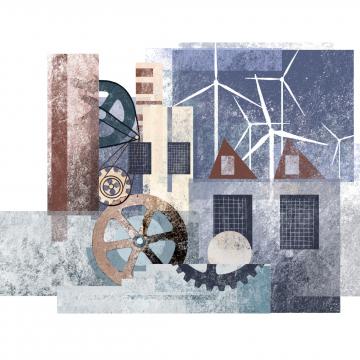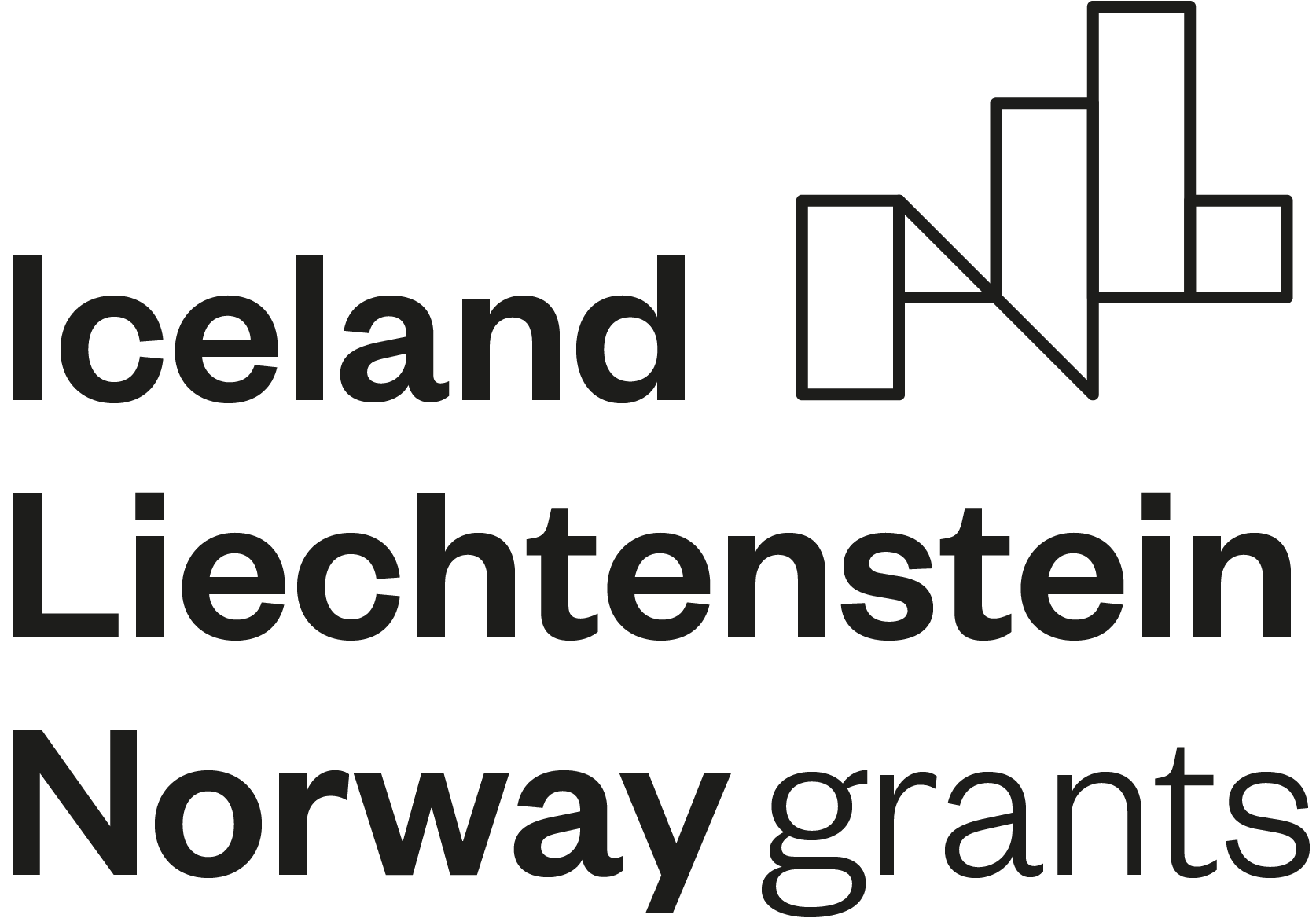
Do we still have the climate for a climate war?
Successive disasters show that the stability and security of the modern world is a colossus on clay legs. Is the war in Ukraine another incarnation of the climate crisis?
The word 'unprecedented' has started to wear off in the last few years. We tend to use the word 'crisis' as a substitute for a fullstop. Moreover, we spend our time (in which we could construct a better reality) on chaotic responses to states of emergency. Public policy is dictated by the illusion that we can only respond to one problem at a time; a pandemic tells us to forget about climate, and the war tells us to forget about the pandemic. Through this lazy approach, we escape the responsibility of diagnosing the sources of these crises. What if we don't realize that they have a common source? What if the only solution is to intervene at this shared base? What if we cannot see that we are in the middle of a climate war?
Tracing the history of the fight against climate change, one can conclude that the world was really close to launching a decisive intervention in the 1980s. The United States were to be at the forefront of the movement. However, something that completely reversed the course of history has happened. Some believe that this event was the collapse of the Soviet Union. It was correlated with the West's conviction that the only way to dominate the world order was to instantly infect spheres of influence with rapid growth whose trajectory seemed at odds with the assumptions of the energy transition process. We now know that the opposite is true, and that the failure of the energy transition is perhaps one of the West's greatest failures, putting it at the back of the queue for dominance. Let us consider its relevance today: a year after the escalation of the war in Ukraine.
The whole scene is on fire
The climate issue is not a fire in a shed next to the main stage of the world's economic and social dillemas, although it seems to have such a place in public debate. The whole scene is on fire, and the war over any part of it is a war over a very different reality to the one before the fire broke out. Look at Ukraine - the granary of the world - which was responsible for exporting half the world's sunflower oil, a fifth of its barley, a sixth of its corn and an eighth of its wheat before the war. The wartime disruption to these exports is a huge shock to supply chains. However, it is worth understanding that the war is actually fought over a different potential for agriculture than the one currently associated with Ukraine. According to a World Bank report (published 2 months before the war escalated), yields from major crops are projected to be significantly different in 2030 than in 2022.
While there are predictions bearing unambiguously negative impact, such as increased frequency of extreme weather events, the future of major world's crops is more ambiguous. Under a mild climate change scenario, wheat yields will already increase by 8-44% in 2030 (and even by 12-49% by 2050). At the same time, barley yields could decline.
The war is fought over a different 'granary', but it is worth remembering that a change of this magnitude means migrations and significant transformations of daily life. The predicted extreme atmospheric events will introduce socio-economic turmoil. Thus, if we do not stop drastic climate change scenarios, we will make Ukraine's post-war revival much more difficult. Nevertheless, can these scenarios actually be stopped without Ukraine's involvement?
Ukraine is a critical partner for the EU in the energetic transition
The energy transition is a geostrategic issue. One important reason for this is its complete dependence on critical raw materials (CRMs), which cannot be extracted within the European Union. According to World Bank estimates, demand for these raw materials will increase by 500% by 2050 (as more than 3 billion tonnes will be needed to stop warming of more than 2°C).
While the European Union suffers from a shortage of critical raw materials on its territory, Ukraine is home to 117 of the 120 most needed minerals and metals. Although, to protect national security, the Ukrainian government removed information on the distribution of its deposits in early 2022, independent analyses estimate that critical raw materials are concentrated in eastern Ukraine, and that areas currently occupied by Russia comprise 33% of these deposits.
The EU is already dependent on imports of critical raw materials from Russia, Belarus and eastern Ukraine. The Energy Transition Plan envisaged an increase in this dependence. On 13 July 2021, the EU and Ukraine signed an agreement on a Strategic Partnership on Critical Raw Materials and Batteries. Ukraine, which is at the mercy of the geographical location of critical raw materials necessary for the construction of new infrastructure, was to be a fundamental partner in the European Energy Transformation Plan. Therefore, an additional effect of the war is that access to these raw materials is difficult, which could block the rapid implementation of the transition and increase our dependence on critical raw materials directly from Russia or China (in the current situation, 98% of the materials we need are located in China).
What does it mean for Russia? In a theoretical scenario, did escalating a war allow Putin to increase the chance of turning the world order upside down? Did he consider mass migrations, which are the predicted effects of climate change)? Does Russia realise that whoever has power over the raw materials critical to the transition has power over the global energy transition and its costs? At the same time, could this have been an additional attempt to trap the EU in dependence on coal and gas, at least for the foreseeable future? These are theoretical considerations, of course. Nevertheless, if they were true, it would mean that the energy transition is one of the most important aspects over which the war is being fought.
Do fossil fuels fund the war?
Since the start of the war, half of Russia's fossil fuel exports have gone to the EU. The prices rose and Russia's fossil fuel revenue is up by 38% compared to the last year. For scale - this year's revenue is projected to exceed Ukraine's GDP.
The decisive climate duel
Several decades ago, the world came close to saving itself from climate catastrophe. However, this spectacular opportunity was missed, probably due to the West's misguided strategy of entrenching the 'End of History' with fossil fuels to dominate the East. We became dependent on fossil fuels therefore building a fragile foundation prone to be attacked. Moreover, the attack itself may have been co-financed by the price we are paying Russia for this foundation.
Perhaps leaders need to realise that they are playing in a war that is also a battle for the climate. Perhaps, this realisation is our last chance to act in time.











